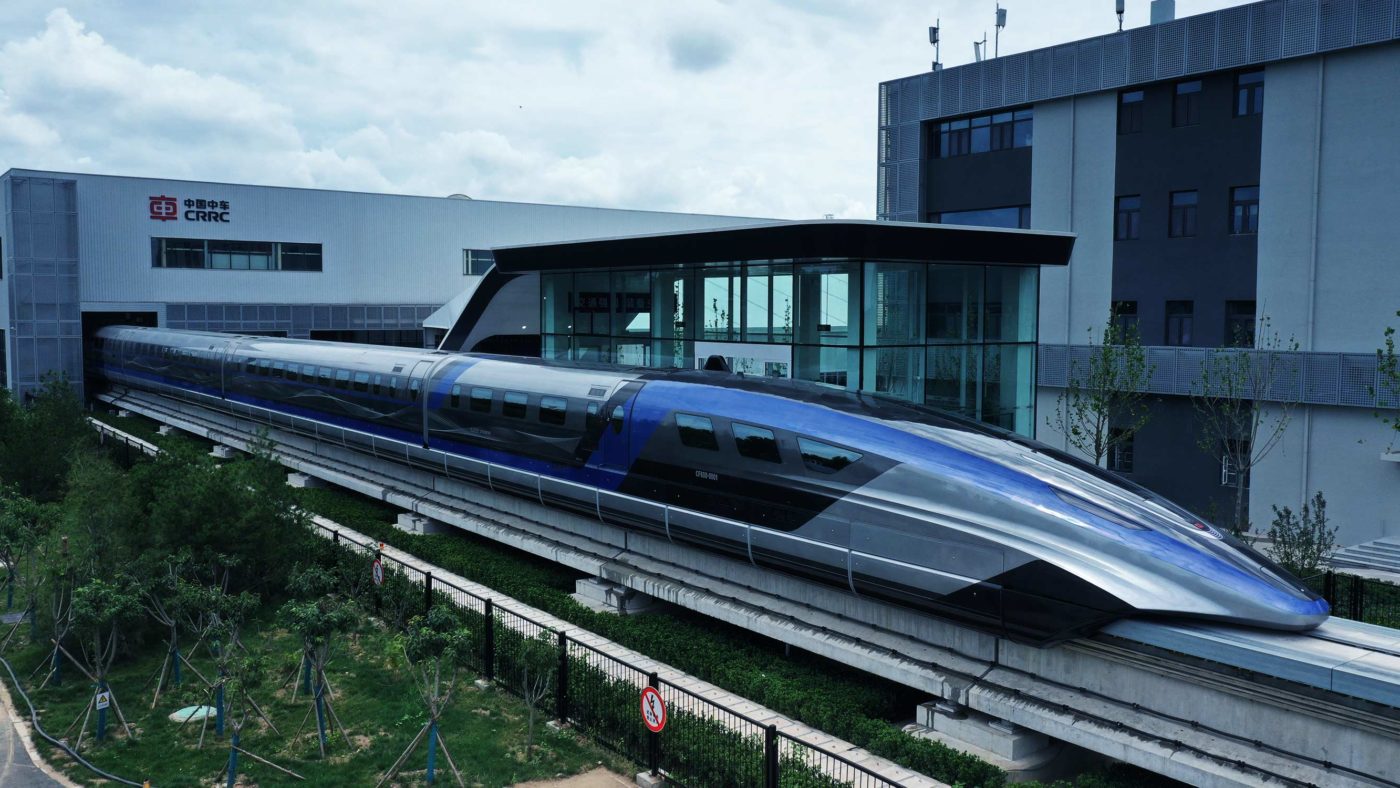If there’s one thing more depressing than the United Kingdom’s woeful record at delivering major infrastructure projects, it must be the sort of thing we qualify as a ‘major infrastructure project’.
Not only do we take decades to get anything built and spend decades before that agonising about whether to do anything at all, but the plans at the centre of this dynamic always seem to be the least inspiring possible version of the idea.
Take airports. The big decision, which took decades to take, was whether or not to allow the construction of a new runway at Heathrow, or at Gatwick. Not both, which would also be perfectly sensible in light of the UK’s position as a global flight hub.
Nor, worse still, a brand new hub airport of the sort being built overseas. Boris Johnson might have been the man to come up with ‘Boris Island’, but that was only ever a cynical ploy to allow him to appear go-getting and pro-growth whilst opposing every realistic airport expansion plan whilst Mayor of London. There has been no whisper of it now he’s Prime Minister.
Yet such a scheme would have great merit. Not only would it be a chance to splash out on some statement architecture and give a bit of flavour to ‘global Britain’, but a new multi-runway airport would be a way to bite the bullet, expand our capacity substantially, and postpone the next agonised runway debate.
It’s a similar story with the railways. I’m a supporter of HS2 on the bloody-minded basis that we have to demonstrate that we can build something, and for better or worse it is the thing that we decided to build. There may be better infrastructure projects to spend the money on, but realistically scrapping HS2 wouldn’t lead to us building them. Just another couple of decades of doing nothing.
Nonetheless, it deeply dispiriting to contrast the limited ambition of the project – especially as the Prime Minister talks about abandoning the northern extensions of it, and thus any hope it might help bind the UK together – with what other countries are doing.
China has just announced that it has developed a maglev train capable of reaching 600kph. This would allow it to serve a route between Beijing and Shanghai faster than flying. And whilst the People’s Republic might not have yet reached the point of applying this technology to actual routes, the same is not true of Japan, which is building the nine-stop Chūō Shinkansen, the first portion of which is scheduled to open later this decade.
It goes without saying that there are no plans to bring this technology to the UK, even though it was originally developed here and the first-ever commercial maglev opened in Birmingham in the 1980s. However, at one stage a maglev proposal – UK Ultraspeed – was vying with HS2 to be this country’s next major rail project.
Reading through some of the reasons it missed out, what leaps out in several cases is a lack of either ambition or foresight.
For example, the alleged green benefits of UK Ultraspeed were reportedly negated by the fact it would rely on lots of coal-generated power from the grid. Yet by 2021 we have all but eliminated coal from the UK’s power supply. Likewise, the claim that passengers driving to out-of-town stations would cause more environmental harm than good has aged badly – by the time any such maglev system would have been finished, the Government plans to have commenced the electric car revolution.
(That is to say nothing of the fact that we could simply have done as the Victorians did and invested in statement city-centre stations instead – a secondary advantage of maglev tracks being elevated rather than ground-based.)
A nation with a better grip on scientific development might have anticipated these developments. Instead, we may end up completing a marginally faster route to Birmingham (which would at least ease congestion on slower routes – ‘Capacity 2’) at roughly the same time Japan is cutting the ribbon on a properly next-generation project, with China perhaps not far behind.
This matters, and not just because it is nice to have nice things. Not only will there be an economic dividend to putting important infrastructure in place, but there is also a more basic point about the ability to get things done and be seen to do so.
If you believe that the West is increasingly facing off against China in the next global contest between different value systems, the ability to get good things built matters. A late, last-generation railway and undersized, overcrowded airports will be a poor advertisement for our way of doing things.
Click here to subscribe to our daily briefing – the best pieces from CapX and across the web.
CapX depends on the generosity of its readers. If you value what we do, please consider making a donation.


